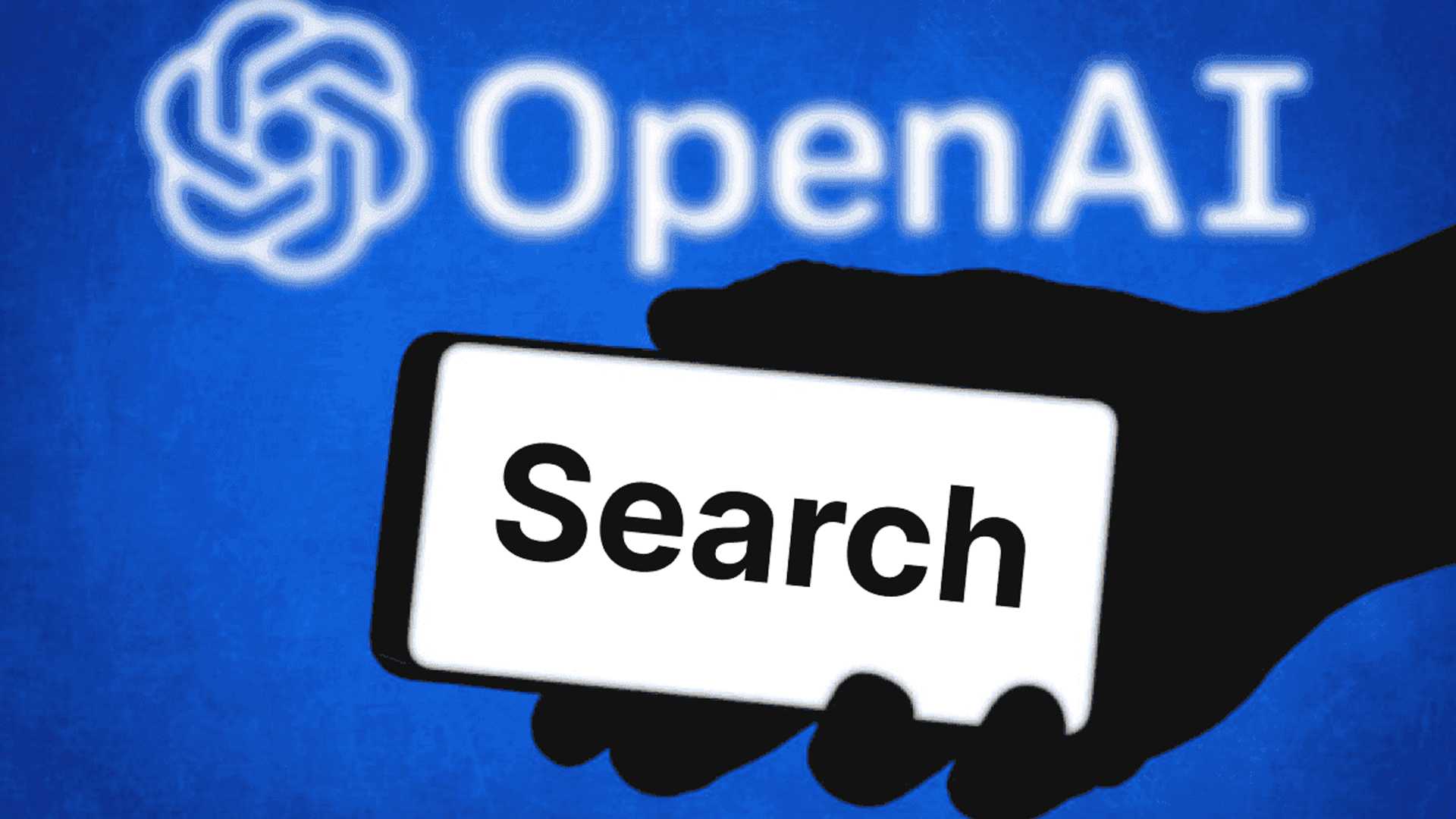In a groundbreaking move that could redefine the search engine landscape, OpenAI has officially launched Search GPT, a new AI-powered search engine. This innovative platform aims to challenge Google’s long-standing dominance, which currently commands over 90% of the global search market. As digital technology evolves, the introduction of Search GPT raises important questions about the future of online search and its impact on both users and content creators.
What is Search GPT?
Search GPT is an advanced search engine designed not merely to provide links but to curate specific answers to users’ queries. By leveraging artificial intelligence, Search GPT processes information from across the web and presents it in a more user-friendly format. For example, if a user inquires about dining options in popular Indian cities like Mumbai or Delhi for a Saturday night, Search GPT will deliver curated suggestions, such as “Try the rooftop dining at ABC in Mumbai or the authentic North Indian cuisine at ABC in Delhi,” eliminating the need for users to browse through numerous menus or reservation details.
Enhancing User Experience
One of the standout features of Search GPT is its ability to summarize information efficiently. When asked about the weather, users can expect more than just a forecast; Search GPT provides a detailed overview of weather patterns, highlighting essential advice, such as whether to carry an umbrella. This level of detail not only enhances user experience but also positions Search GPT as a potential go-to digital assistant, akin to Siri or Google Assistant.
The Challenge for Google
Despite Google’s robust infrastructure and established market share, the arrival of Search GPT poses a significant challenge. Google has already integrated AI capabilities into its search results, offering users AI-generated overviews for certain queries. However, many publishers have expressed concerns that these AI summaries reduce traffic to their original content. With reports suggesting a 25% decrease in traffic for some publishers, there is growing fear that Google’s AI-driven features could undermine the foundational business model that relies on advertising revenue from clicks to published articles.
The Impact on Publishers
Google’s search engine traditionally relies on digital advertising, where publishers boost their content to secure higher visibility. This system, worth approximately $175 billion last year, is under threat as AI technologies evolve. As Search GPT continues to gain traction, content creators may need to adapt their strategies to maintain visibility in a changing landscape.
The Future of Search Engines
The launch of Search GPT signifies a critical moment for the search engine industry. The integration of AI into search capabilities is not just about offering better answers but creating a more interactive, real-time experience for users. As Search GPT pushes the envelope, it brings us closer to the vision of a comprehensive digital assistant that can not only provide information but also engage with users in a meaningful way.
Conclusion: A Shifting Landscape
While it remains uncertain whether Search GPT can dethrone Google, one thing is clear: the world of search is on the brink of transformation. With new players like OpenAI entering the arena, users can expect a shift towards more intuitive and curated search experiences. For Google, the challenge will be to innovate and adapt to this emerging competition while addressing the concerns of publishers whose content forms the backbone of its search ecosystem.
As Search GPT and similar technologies evolve, the implications for the search industry, users, and content creators will continue to unfold, ushering in a new era of online information retrieval.





